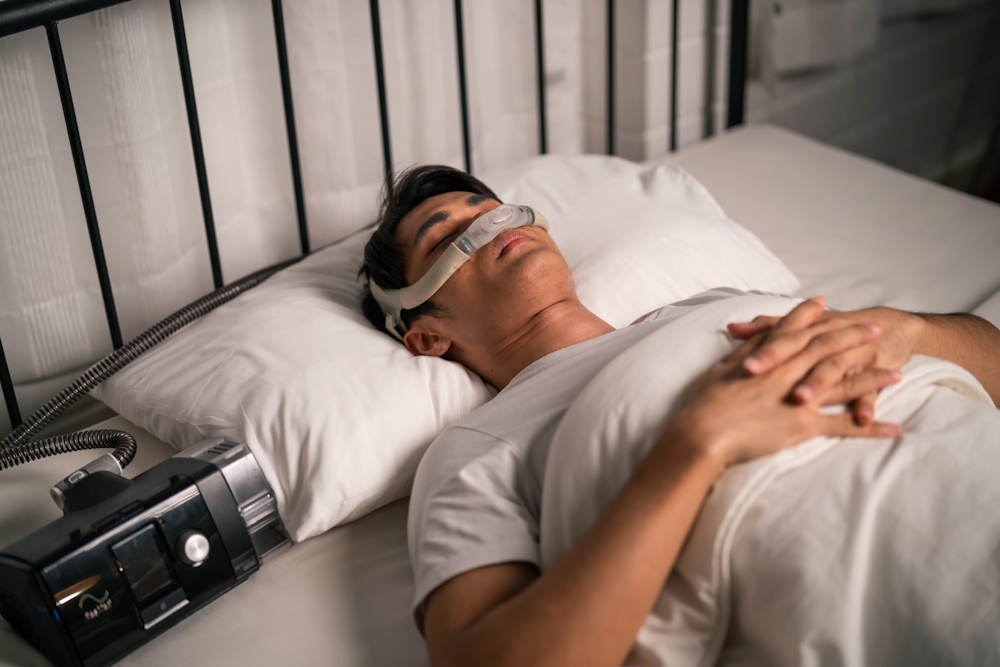Tinnitus or the perception of noise or ringing in the ears is a common problem experienced by about 15-20% of the population. It is generally not a sign of a serious condition, but it can be highly bothersome for those suffering from it. On the other hand, sleep apnea is a serious sleep condition wherein breathing repeatedly starts and stops during sleep. It interferes with your sleep, affects your quality of life, and could have life-threatening complications if left untreated. A seemingly unprecedented problem has come to light: a significant number of individuals suffering from tinnitus are also seen to develop sleep apnea.
Understanding Tinnitus
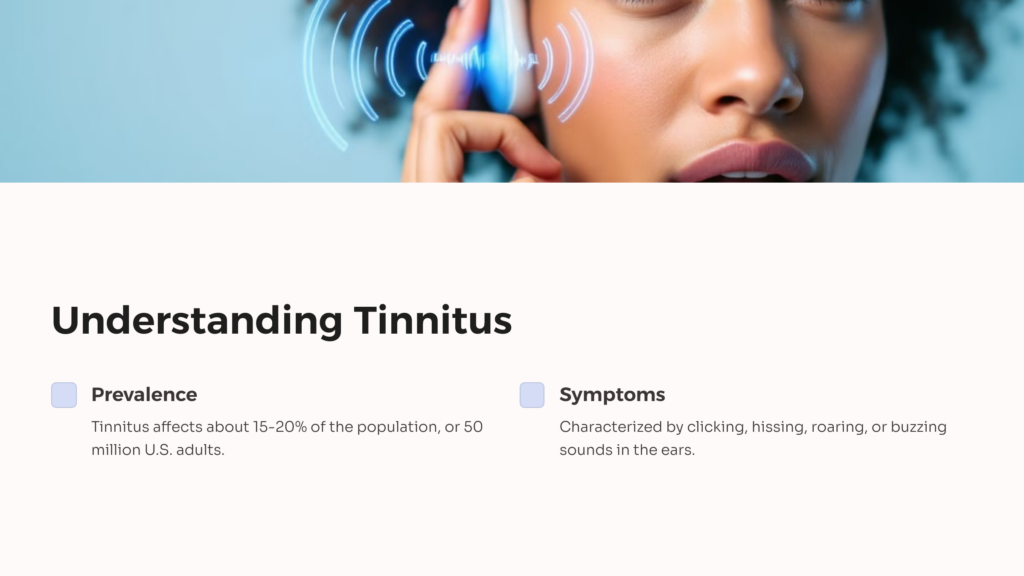
Tinnitus is not a condition in itself but a symptom of an underlying condition, such as age-related hearing loss, ear injury, or a disorder in the circulatory system. Characterized by symptoms including clicking, hissing, roaring, or buzzing in the ears, the condition may vary from benign and temporary to chronic and severely disruptive. The cause of tinnitus is often difficult to determine.
Statistics reveal that tinnitus affects about 50 million adults in the U.S. alone. While treating the underlying cause often relieves tinnitus, it’s not always possible to do so. In such cases, the person continues to experience disturbing noises that impair sleep, focus, and overall quality of life. Living with tinnitus is challenging, often leading to emotional stress, fatigue, and secondary conditions like anxiety disorders.
An Insight into Sleep Apnea
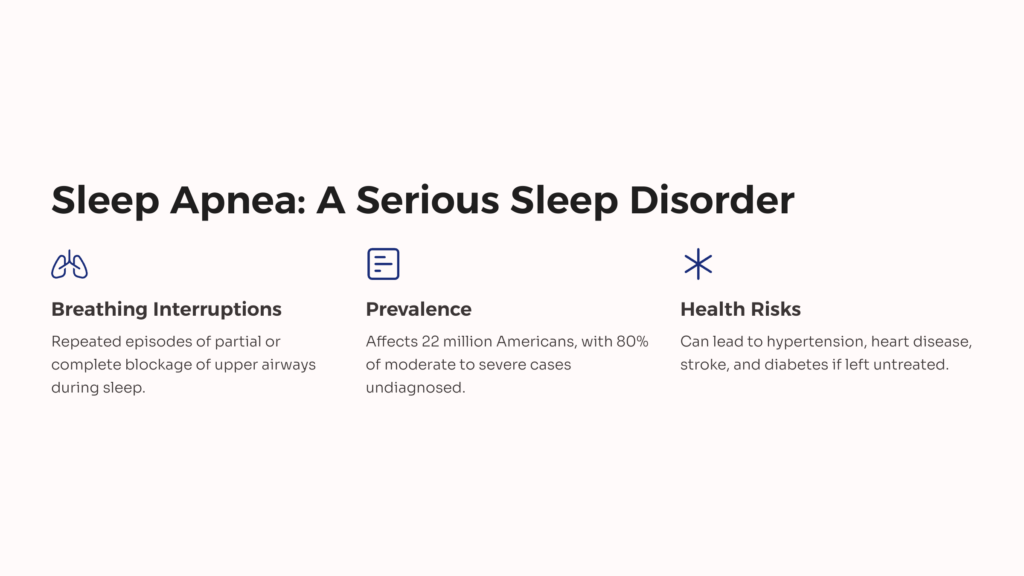
Sleep apnea, considered a serious medical condition and sleep disorder, affects an estimated 22 million Americans, with 80% of moderate to severe cases undiagnosed. Characterized by repeated episodes of partial or complete blockage of upper airways during sleep, sleep apnea causes cessation of breathing, followed by a reduction in blood oxygen levels. These episodes, called apneas, last 20 to 40 seconds and can occur hundreds of times a night.
All of this turmoil results in poor quality sleep, daytime sleepiness, reduced cognitive function, mood disturbances, and a higher risk of accidents. Over time, untreated sleep apnea could lead to grave health risks such as hypertension, heart disease, stroke, diabetes, and mental health conditions like anxiety and depression.
The Intersection of Tinnitus and Sleep Apnea
Various studies have uncovered a connection between tinnitus and sleep apnea. It is observed that tinnitus patients have a higher risk of developing sleep apnea. A study by the American Academy of Otolaryngology found that tinnitus patients had a 30% prevalence of sleep apnea, indicating a strong association between the two conditions.
Tinnitus, thus, could be a potential risk factor for developing sleep apnea. This correlation, although not clearly understood yet, calls for further research to validate and probe into the underlying mechanisms involved.
Unveiling the Possible Mechanisms
The relationship between tinnitus and sleep apnea might be explained through different mechanisms. One theory suggests that the sleep disturbance caused by tinnitus leads to changes in sleep patterns instigating sleep apnea as a secondary condition. Tinnitus-related sleep disturbance can cause fragmentation in sleep architecture, leading to irregular breathing patterns and a sleep disorder.
Another theory refers to the stress reactions caused by chronic tinnitus symptoms. The incessant noise can lead to chronic stress, resulting in physiological changes like fluctuations in blood pressure and heart rate variability, potentially raising sleep apnea risk. Several studies have backed these theories, but more research is necessary to fully comprehend the complexities.
Coping Mechanisms and Treatment Options
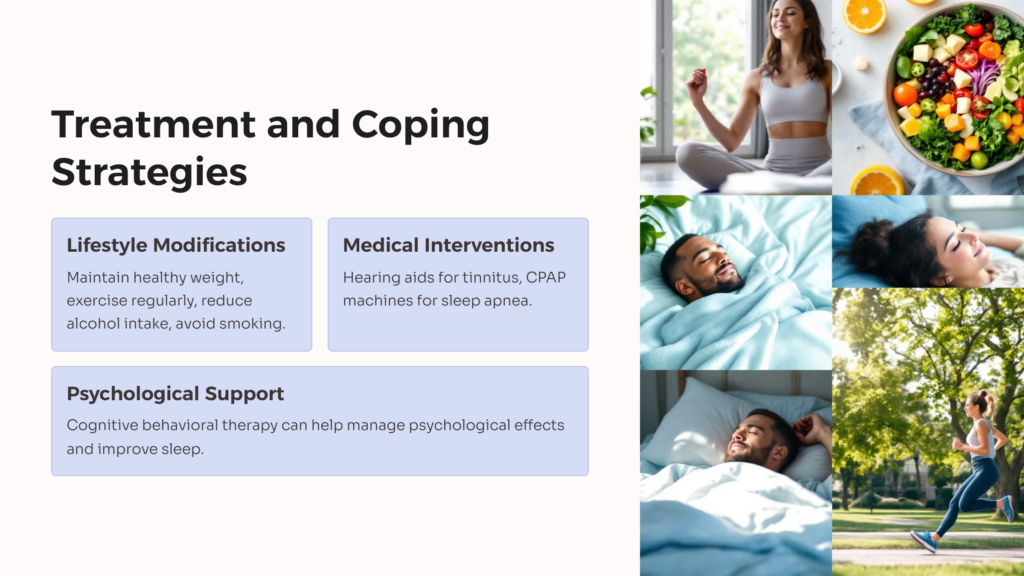
Fortunately, both conditions are manageable with appropriate tinnitus treatment and sleep apnea treatment methods. Lifestyle modifications such as maintaining a healthy weight, exercising regularly, reducing alcohol intake, avoiding smoking, and establishing healthy sleep habits can reduce both conditions’ symptoms.
Additionally, prescribed medications or devices like hearing aids for tinnitus or CPAP machines for sleep apnea can significantly improve quality of life. Cognitive behavioral therapy can also help patients cope with the psychological effects of chronic tinnitus and improve sleep quality.
While these treatments are generally found effective, improvements may vary among individuals due to factors such as an underlying condition, severity of symptoms, and the patient’s overall health status.
Prevention Strategies
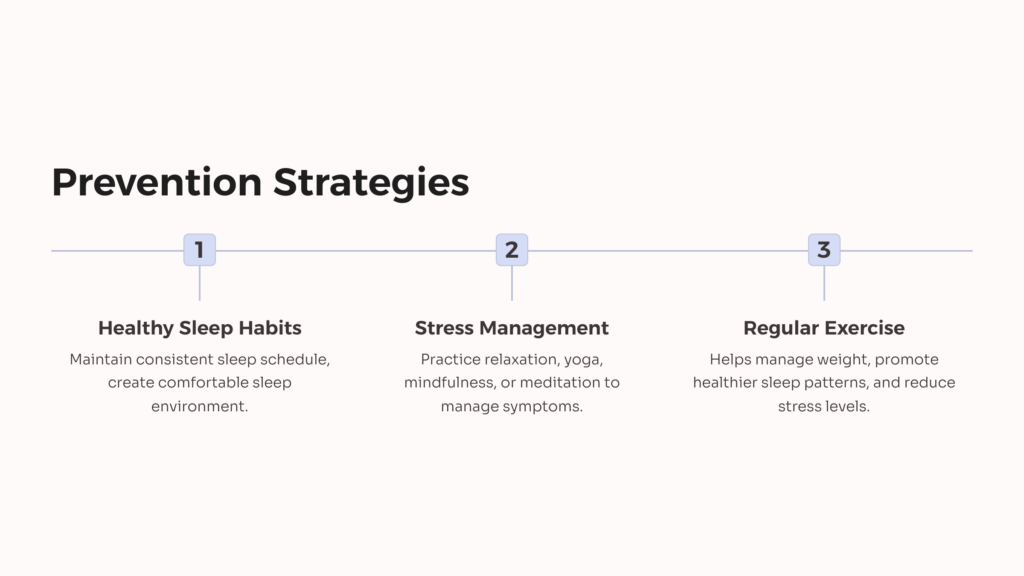
The development of sleep apnea secondary to tinnitus can be prevented or at least mitigated by employing certain strategies. Practicing healthy sleep habits like keeping a consistent sleep schedule or creating a quiet, dark, and comfortable sleep environment can help improve sleep quality and reduce the likelihood of sleep apnea.
Stress management techniques such as relaxation, yoga, mindfulness, or meditation can also help manage tinnitus symptoms and foster better sleep. Regular exercise is also beneficial as it can help manage weight, promote healthier sleep patterns, and reduce stress levels — factors essential in managing both conditions.
Conclusion
The interplay between tinnitus and sleep apnea is fascinating yet complicated. While tinnitus is established as a potential risk factor for sleep apnea as a secondary condition, the mechanisms underlying remain a scientific conundrum. Both conditions significantly impact individuals’ lives and therefore, seek urgent attention. If you are experiencing any symptoms, consulting a professional would provide timely diagnosis and treatment.
The conversation needs to continue, and more research is urgently required to further understand this crucial connection. This would not only streamline diagnosis and treatment but also enable proactive intervention, preventing the development of conditions where possible.
 AllVeteran.com Advisors
AllVeteran.com Advisors
With expertise spanning local, state, and federal benefit programs, our team is dedicated to guiding individuals towards the perfect program tailored to their unique circumstances.














